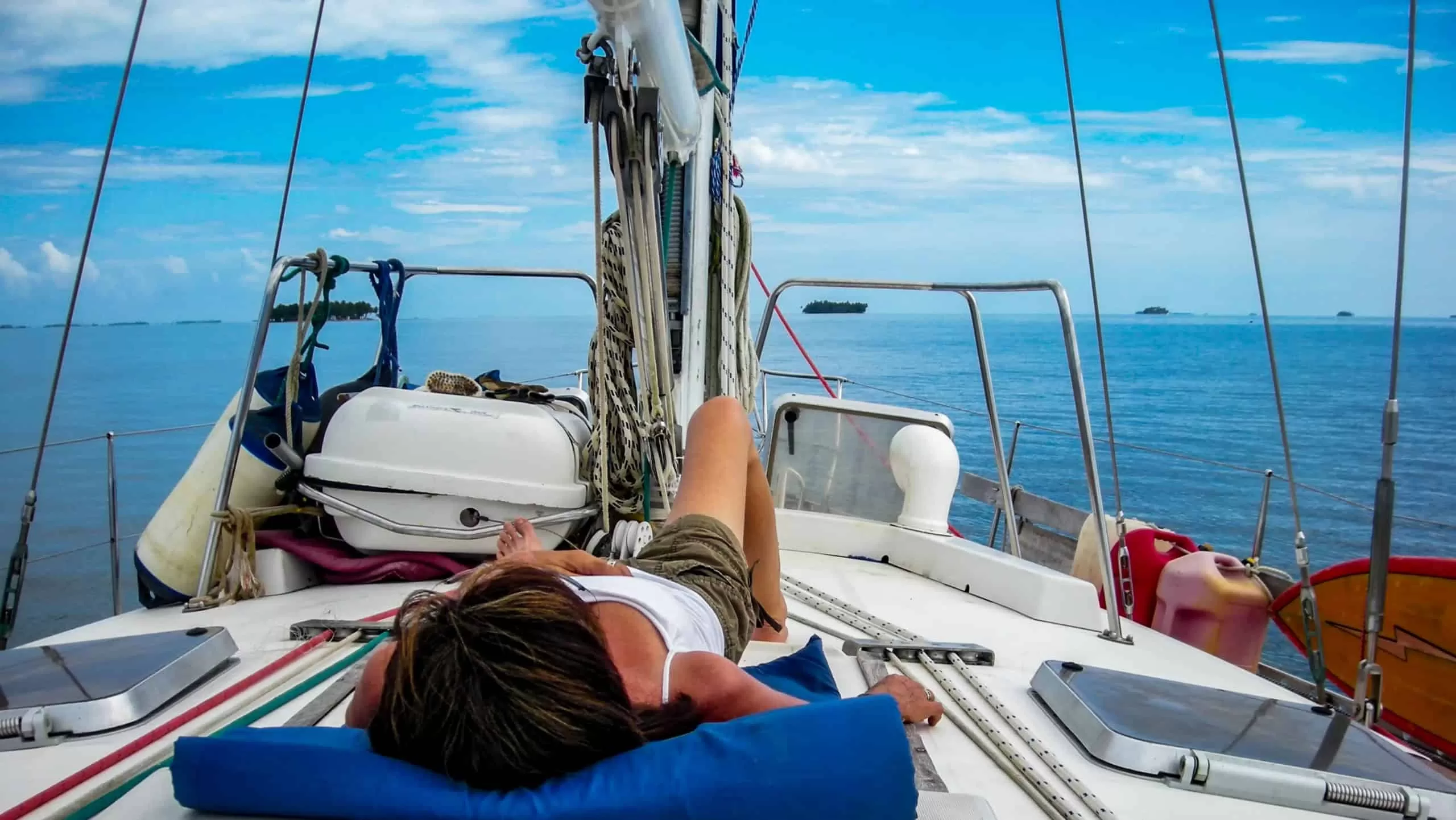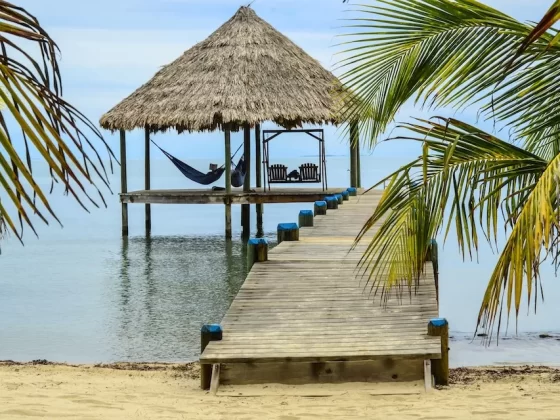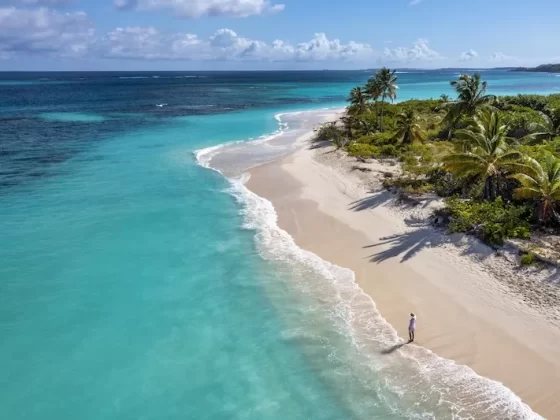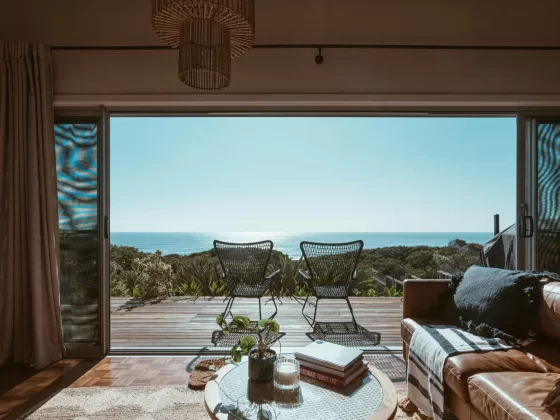Escape to Freedom #2: Three Levels of Expat Online Income
In my previous article, Escape to Freedom #1 – What is Your Freedom Lifestyle? we talked about the importance of being able to visualize your life of freedom with some granular detail regarding the elements of what you see as your ideal, or at least greatly improved lifestyle.
One of the greatest characteristics of an online business is the amount of flexibility it offers in terms of scale. That’s why you can use even a small online operation to make your ideal, offshore lifestyle possible and sustainable.
The overheads can be so low with an online business that it’s possible to operate one at far less than its full potential and still make a significant income. Here are three common levels of operation.
Here’s a podcast from The Expat Money Show where Mikkel and I talk about safely leaving the rat race by starting an online business!
Which Operation Do You Need?
1) Supplemental Income
This is the easiest level to achieve. It’s ideal for the person whose lifestyle would get a significant boost by having an extra $2,000/month or so. While nobody is going to turn into a millionaire at this level, it can make a massive difference to a lot of people.
Two grand a month can mean a person who is painfully scraping by on a small pension can suddenly go to Mexico or the Caribbean and live a practical dream life of sun, sea, tiki bars, and laughter.
It can mean living in South East Asia and doing business from a laptop computer at one of the most gorgeous beaches in the world and traveling on excursions all over the region.
This is also a level that can allow a person to do other work that pays little or nothing. For example, a person could work with stray animals, the homeless, or disadvantaged children – things that will never be financially lucrative – while supporting himself with a small online business.
That’s the freedom to do something good for the heart while still making ends meet and looking at the rat race in the rearview mirror.
A small online enterprise like this is not only easy to get going and to operate, it means not having to leave an existing job. A few hours a week of your time is all this type of online business usually requires.
But don’t kid yourself, a business that delivers $2,000/month is worth a small fortune in today’s ultra-low interest financial environment. At a 3% return on investment, you’d need a whopping $1.2 million invested to match that monthly income.
2) Principle Income
The next step up from having an online business that delivers a relatively small supplemental income is to have it provide your principal income. That is, all the money you need from year to year. This, of course, is a much broader range. Let’s call it $3,000 to $30,000 a month.
If you’re not used to making north of a quarter-million a year it can sound like a lot. And it is a lot. But in the online world, a business that makes $25K/month is barely noticeable. It’s a flea on the leg of an elephant.
People and websites you’ve never heard of, and likely never will hear of, are quietly and relentlessly making this level of income year after year. There are hundreds of ways to do it, but they all basically fall into the six proven online business models; Freelance, Coaching, Ecommerce, Affiliate, Community, and Membership.
It’s also why being an expat is so attractive to online entrepreneurs. When a person can live anywhere and make exactly the same annual income, why would he choose to live in a high-tax jurisdiction? It would be like throwing away money.
A very safe rule of thumb is to build an online business until it’s making 150% of what you make in your rat race job. After it has operated six consecutive months at 150% of your conventional income, it should be a safe, easy transition to leave the rat race and begin engineering your life to have the elements and circumstances you really want.
In reality, most people discover that they actually require a lot less money every month with an online business than they do with a conventional job.
That’s because a lot of our expenses, like commuting, needing an extra family vehicle, parking, wardrobe, dry cleaning, lunches, etc., are all related to holding a rat-race job and do not apply to owning an online business that you can run from home. So 150% usually provides a very safe benchmark as a replacement.
Not to mention how much lower the entire cost of living is when you move away from an expensive area in an expensive country and see how much farther money goes in the expat enclaves around the world.
3) Lottery Money
The upside potential of online businesses is legendary. A very good idea that is brilliantly executed can go viral and make many millions. An even greater idea can go public and make billions. But, honestly, how many Mark Zuckerbergs are there?
And billionaire status aside, a professionally executed online business that grows to dominate a lucrative niche – even a fairly small niche – can make north of a million dollars annually.
Several million is possible while still being a relative blip in the online scheme of things. Of course, at that point, we’re talking about having several employees, a lot of outsourced help, probably many thousands of customers, and a ton of daily responsibility. This is not the relax-on-the-beach plan.
Getting to this level would be a very nice problem to have. Around this point, most people elect to sell the business to somebody with the infrastructure to operate its property. But that’s also a good payday, for sure.
An online business making $100,000 a month can be sold for around $2.5 million and those transactions happen every day via the big website brokers.
Becoming an online mogul is an order of magnitude more likely than buying a winning lottery ticket, but it’s still a very long shot.
However, unlike random chance, it’s something that is significantly under your control. Hard work, smart work, and good fortune can be well rewarded.
Even better, it’s not an all-or-nothing proposition. Even if your business never reaches the stratosphere, it can generate an income very far beyond what anyone would ever pay you in a rat race job.
The Takeaway
Online businesses offer flexibility as to how large you want them to be in order to make enough income. A small, easy to operate a business can generate a very nice supplemental income. A business offering a solid value in a good niche can quietly earn an owner anywhere from a comfortable annual income, to a reward virtually impossible in conventional, rat race employment. A rare, brilliant idea can go to the moon. In any case, your shot at it is completely under your control.
Ready to Escape to Freedom?
Are you ready to live life on your own terms – create your own online income? Reach out to us at Safely Leave The Rat Race. We are committed to helping you get from whatever point you are right now – to the point of earning regular, predictable online income.
Here are two really great articles for you to read, What Defines Your Freedom? and The Freedom You Didn’t Expect. Enjoy!
I hope you enjoyed Escape to Freedom #2 – Three Levels of Expat Online Income. In case you missed them, here is
#1 – What is Your Freedom Lifestyle?










